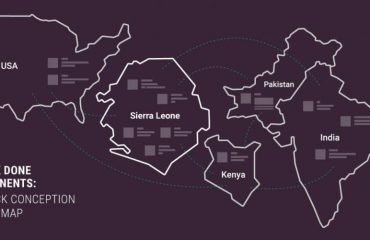
Salton Massally, Founder and CTO at iDT Labs, talks about iDT’s role in making technology work better in West African countries with slow internet and low technical capacity
iDT Labs developed the first-ever Android Case Management System to fast-track court cases in Sierra Leone, one of the world’s most overstretched judiciary systems in West Africa. The main goal of designing and developing this application was to streamline and reduce the time it takes for cases to be processed, as well as moving the entire case management system from an error-prone, easily corruptible, paper based environment to a digital format which would provide better management, data retention, and insight into the case management processes and practices.
The best case would have been a fully-fledged desktop application given iDT’s affinity for Progressive Web Applications. However, the local context presented us with several key challenges which we had to keep in mind when designing our solution.
Key challenges:
- Low computer literacy: Computer literacy rates are generally low in Sierra Leone, especially among middle-aged civil servants, a demographic that spends a majority of their career in a paper based environment. However, smartphone penetration rates were high, with most people being accustomed to using advanced mobile apps because of their familiarity with Whatsapp and Facebook.
- Poor existing network infrastructure: Due to the unreliable internet connection in Sierra Leone, especially in the public sector, a system that depended on a reliable internet connection to operate was likely to lead to poor adoption. We couldn’t install a central server in-house either, as the judiciary is made up of several small courts scattered across the country without any network infrastructure of their own. We were also skeptical about the security and continued implementation of proper data management and retention strategy once the solution was handed over.
- Need for inexpensive, fast and mobile system: The solution also had to be inexpensive, quickly rolled out, and highly mobile. The requirement for mobility was imposed given that courts and their associated officials were very rarely assigned dedicated court rooms and had to move around depending on availability.
How we addressed the challenges:
Low latency and high performance in poor internet conditions
Offline First: We designed the app to save data in a SQLite database, which can be synced whenever the application goes online and can be readily accessed offline. This makes it possible to use the application during instances of weak or zero internet connectivity. It also frees up the application from having to download data on-demand.
3G Connection: By utilizing the 3G network capabilities provided by the Android tablets, it became possible to provide backup to Wi-Fi and become the primary connectivity medium in rural courts where Wi-Fi connections are virtually impossible.
User-friendly mobile application interface
Given the relatively young technological landscape of Sierra Leone and considering the fact that using technology frequently is still uncommon in most national institutions, we realised that the design of the Android application of the Case Management System would be of utmost importance. Care needed to be taken to not only ensure that the design was minimalistic and conformed to regular standards but that the User Experience should also successfully mirror the current practices and processes (some of which we found inefficient but were determined to incorporate as effectively as possible).
Easy data entry
While figuring out the specifications of the system and analyzing the current processes, what struck us is how wordy case files were, with clerks and judges having to take several pages of case notes for each hearing. We realised that it would be inefficient to have them type these up during or after the case, given how unfriendly that would be on a small device and their unfamiliarity with keyboards. As part of the solution, we ensured that the app could record sessions and take snapshots of already written notes which are then stored against the relevant case files.
Utilizing open source software to develop the solution
It was determined right at the start that even though the Android User Interface(UI) would be the primary one, we needed a secondary browser-based interface that would provide both administrative and advanced capabilities for power users and for the generation of reports and analytics. We therefore based the central server on the Odoo ERP, a tool we regularly use for development. After expanding it to understand, store, and support workflows for concepts like Case files, Bails and Adjournments, it formed a robust browser-based system capable of supporting:
- a) Data store for the Justice System
- b) Authentication and authorization provision
- c) Rules and workflow engine
- d) UI for administrative and power-user access
Odoo provides an excellent XML RPC API that is immediately accessible for custom models, which enabled us to rapidly communicate with mobile apps without having to write an API over the logic on the central server. We also utilized a mobile framework written for Odoo that handled the connection, synchronization, and data conversion with the Odoo server.
Leveraging the Cloud to deliver cost savings and long-term maintenance of the system
Being evangelists of the cloud, we based the entire architecture on Amazon Web Services(AWS). This afforded us several benefits:
- Cost-Effectiveness — We consume only the amount of computer storage and other IT resources needed. There is no long-term commitment, minimum spend or up-front investment required.
- Elastic and Scalable — We can quickly add and subtract resources to applications to meet demand and manage costs. Given that we were developing a proof of concept pilot, it was important that we avoided provisioning resources up-front.
- Security — AWS builds and delivers its services in accordance with the industry’s highest and strictest security best practices. Since we are not infrastructure security experts, we circumvented that by leveraging AWS because physically hosting servers at government premises is always a great security concern.
- Availability & Data Retention — Using the Cloud, we decoupled the availability of the system from the health of the network and power status at the judiciary. It meant the app wouldn’t experience significant down times due to connectivity and power failure at the courts (which unfortunately happens regularly).
Preventing unauthorized access to areas of the tablets outside the scope of the Justice App
To prevent unauthorized access to parts of the tablets that had nothing to do with the Justice App as well as for rolling out new updates we used a subscription service called MobiLock that proved to be very capable.
The Justice App is currently gaining more attention among key judicial system stakeholders such as the Ministry of Justice, Police, Prisons and Public Defendants offices. It has also generated positive reviews among the end users.
At iDT Labs, we are firm believers in the power of contextualized tech solutions like the Justice App, which have the potential of solving some of the most ingrained problems that plague our part of the world. Our goal is to continue making technology work across West Africa.




